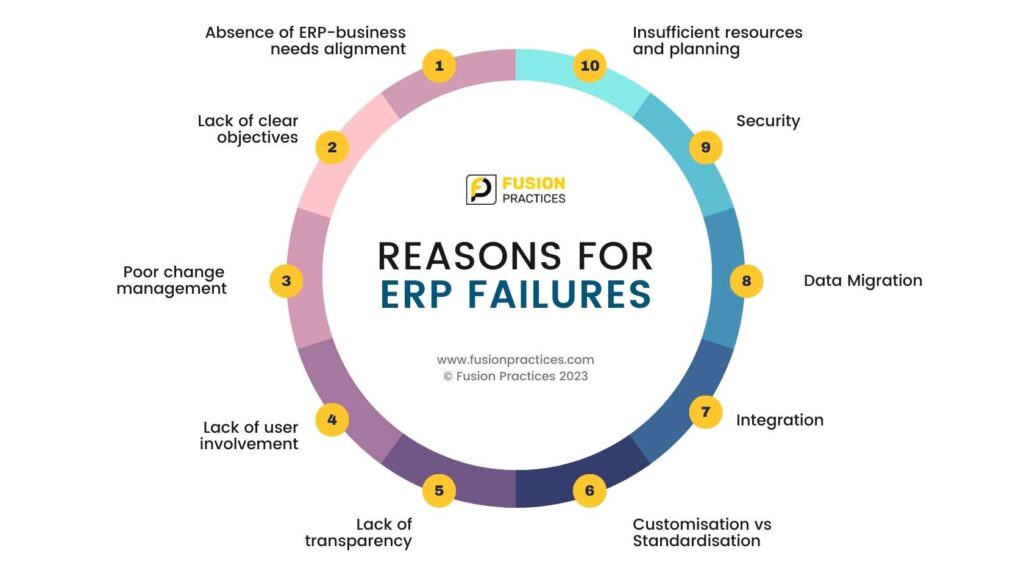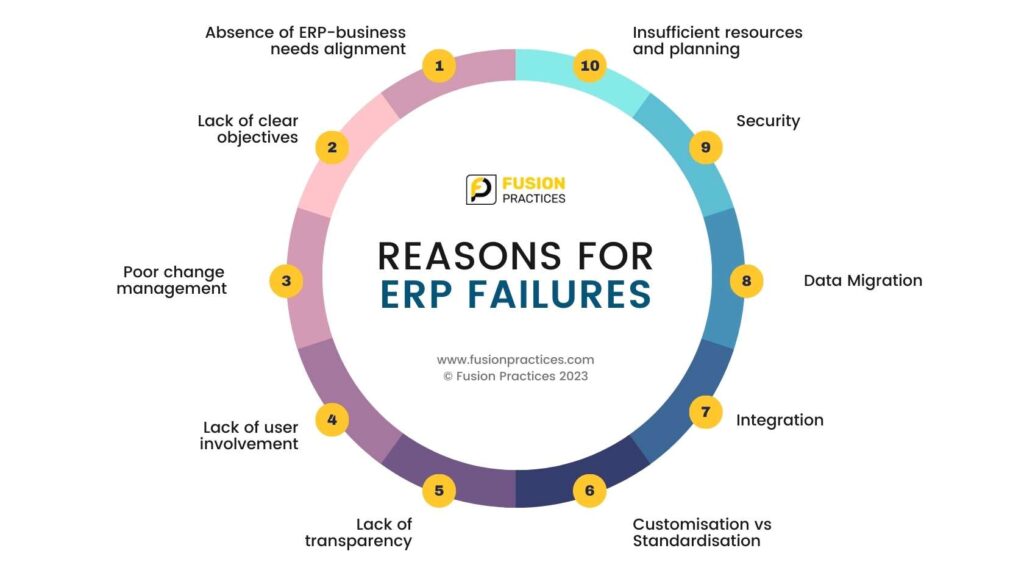Implementing an ERP (Enterprise Resource Planning) or CRM (Customer Relationship Management) system is a major milestone for any organization. These systems streamline business processes, improve collaboration, and enhance customer engagement. However, the success of such projects depends on careful planning and execution. In this article, we’ll explore the key factors for a successful ERP or CRM project and how companies can ensure smooth implementation.
Why ERP and CRM Implementation Success Matters
An ERP or CRM system directly impacts critical aspects of a business, such as financial operations, supply chain, customer service, and data management. A failed implementation can lead to wasted investment, downtime, and employee frustration. On the other hand, a well-executed project boosts efficiency, scalability, and profitability.
At Singleclic, a leading IT solutions provider since 2013, we specialize in ERP and CRM implementation across various industries in the Arab world. With our expertise in low-code platforms, cybersecurity, hosting, and digital transformation, we help businesses achieve seamless adoption of IT systems.
Key Factors for a Successful ERP or CRM Project
1. Clear Business Objectives
Defining measurable goals before starting an ERP or CRM project is crucial. Whether the aim is to improve reporting, enhance customer retention, or automate workflows, clarity ensures alignment between stakeholders and the implementation team.
2. Strong Executive Support
Leadership involvement is a critical success factor. When top management actively supports ERP and CRM initiatives, it motivates teams, ensures budget allocation, and reduces resistance to change.
3. Selecting the Right Vendor and Technology
Choosing a trusted partner and reliable software solution can make or break the project. Partnering with experienced providers like Singleclic ensures access to expertise in ERP, CRM, and digital transformation tailored to business needs.
4. Effective Change Management
ERP and CRM systems often require significant changes to existing processes. Training, workshops, and employee engagement strategies help reduce resistance and accelerate adoption.
5. Data Quality and Migration
Poor data management is a common cause of ERP/CRM failure. Ensuring clean, accurate, and well-structured data before migration is essential for seamless system performance.
6. Continuous Support and Training
Ongoing training and 24/7 technical support ensure that users adapt to the new system efficiently. This approach minimizes downtime and enhances long-term success.
Common Questions About ERP and CRM Project Success
What are the success factors of ERP?
The main success factors include clear objectives, executive support, reliable vendors, strong project management, and effective training.
What are the factors required for successful ERP implementation?
Companies need accurate data migration, scalable technology, employee buy-in, and a robust change management strategy.
What are the critical success factors in ERP upgrade projects?
For upgrades, critical factors include compatibility testing, phased rollouts, user training, and performance monitoring.
What 3-5 steps should a company take to successfully implement an ERP system?
Key steps include:
- Defining business requirements
- Selecting the right partner
- Planning data migration
- Training staff
- Monitoring performance
Partner with Singleclic for Successful ERP and CRM Projects
Implementing an ERP or CRM system requires more than just technology — it needs strategic planning, expert guidance, and continuous support.
At Singleclic, we deliver customized ERP and CRM solutions that ensure project success. Our services include:
- Software Development (ERP, CRM, Low-code applications)
- Cybersecurity Solutions
- Network Infrastructure Design & Support
- Hosting and Cloud-native Applications
- 24/7 Technical Support
📞 Contact us today:
- Egypt: +2 010 259 99225
- UAE: +971 42 475421
- KSA: +966 58 1106563
Conclusion
The key factors for a successful ERP or CRM project lie in aligning business goals, involving leadership, choosing the right vendor, managing change effectively, and ensuring data quality. With the right approach and a trusted partner like Singleclic, companies can achieve smooth implementation, enhanced efficiency, and long-term business growth.







